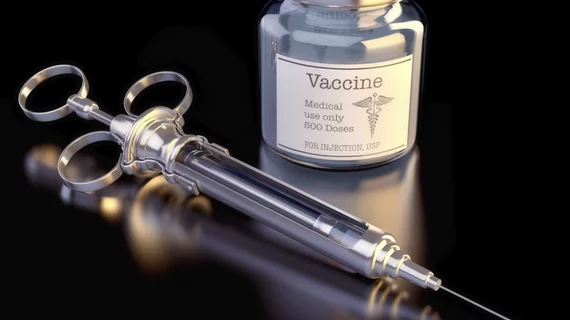27% of Americans would reject COVID-19 vaccine
Just 7 in 10 Americans said they would get a vaccine to protect against COVID-19, according to an ABC News/Washington Post poll, with 15% of adults saying they definitely and 12% saying they probably would not get the vaccine.
Half of those who say they wouldn’t get a vaccine say they don’t trust vaccines generally, according to ABC News, and about 25% say a vaccine isn’t needed.
Republicans were the least likely to say they would get a free vaccine to protect them from the coronavirus, with only 58% saying they definitely or probably would get it, compared to 40% who said they definitely or probably would not get it. By comparison, 81% of Democrats said they would definitely or probably get the vaccine, and 17% said they definitely or probably would not get it.
Seniors also said they would get the vaccine at a higher rate than all other adults––77% compared to 69%.
The 71% rate of overall adults would get the vaccine is significantly higher than the adult vaccination rate for the seasonal flu (45%). However, it’s well below the 93% and 92% child vaccination rates for polio and measles/mumps/rubella, respectively.
The poll comes at a time when several healthcare companies are working on vaccines, and the University of Oxford and other partners, including AstraZeneca, are already in clinical trial with a vaccine with more than $1 billion in funding from the U.S.

